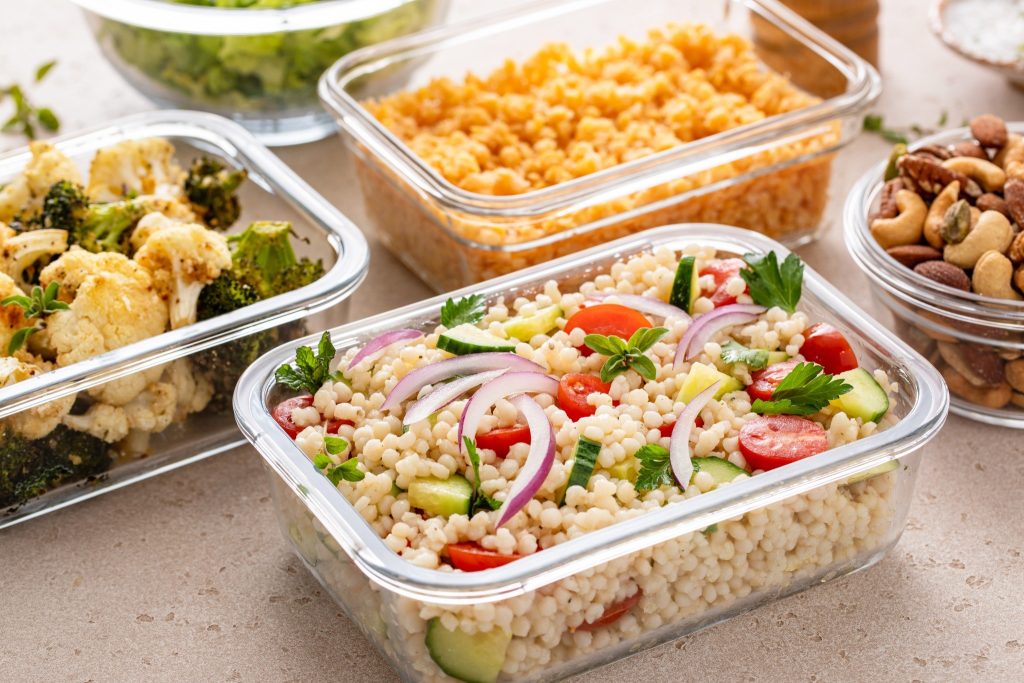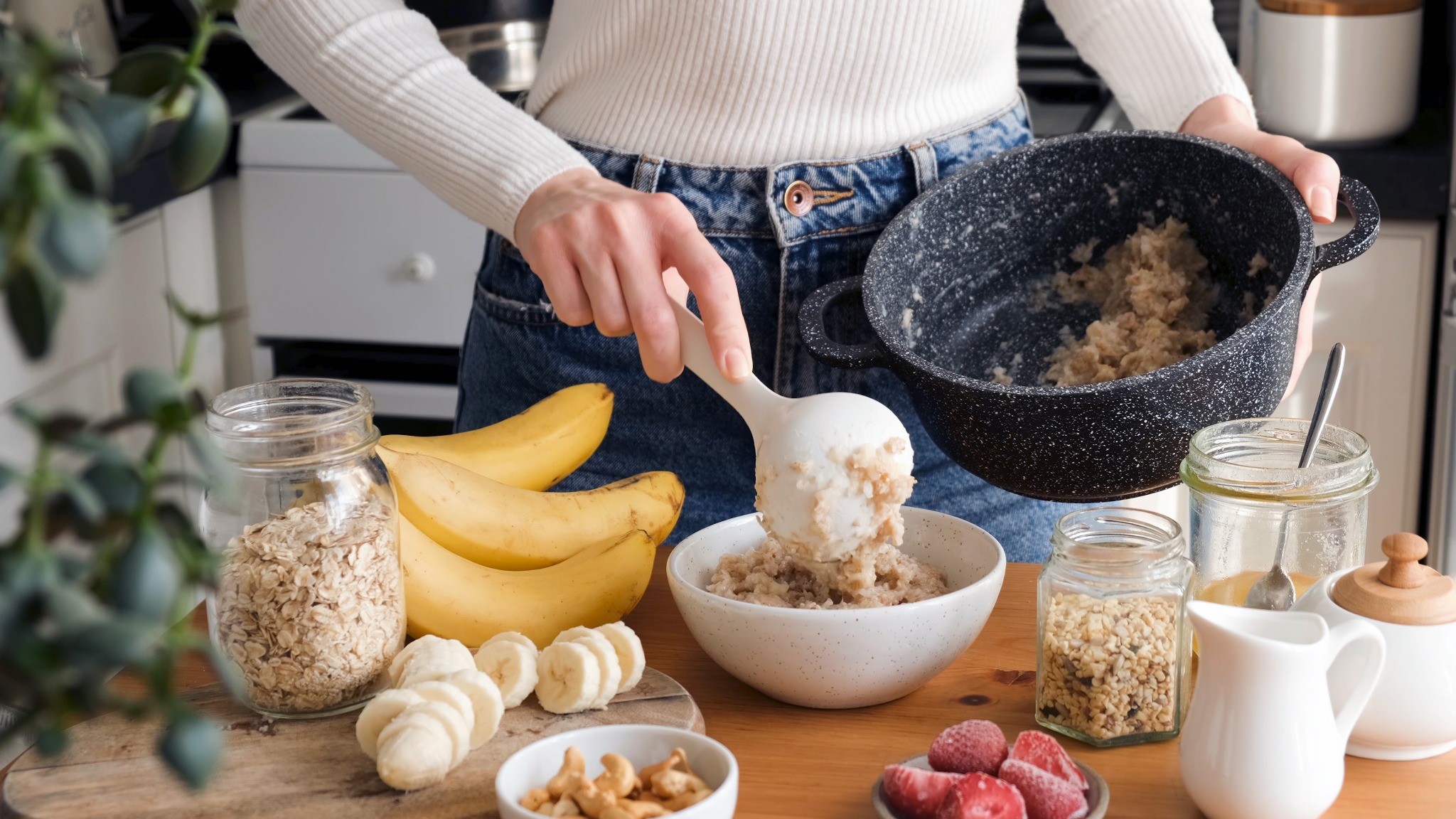You want steady energy, a brighter mood, and meals that actually help you get both. That is where B vitamins mood foods come in. The B family powers how your body turns food into fuel and supports your brain chemistry. When you choose smart, simple staples, you feel it: better focus, calmer nerves, and fewer afternoon crashes.
This guide keeps it practical. You will learn what each B vitamin does, easy sources to add today, and quick ways to build plates that work in real life. By the end, you will have a short list of B vitamins mood foods you can rotate every week without spending more time in the kitchen.
Why B vitamins matter for energy and mood
The eight B vitamins help enzymes unlock energy from carbs, fats, and protein, while supporting neurotransmitters like serotonin and dopamine. Thiamin and riboflavin boost energy metabolism. Niacin and pantothenic acid support cellular engines. B6, folate, and B12 help build brain chemicals that affect motivation and calm. That is why choosing B vitamins mood foods can make daily life feel smoother. If you want more on the food–feeling connection, explore our Food & Mood hub.
For a clear overview of all eight B vitamins and what they do, see the Harvard Nutrition Source guide.
Three simple rules for everyday eating
Keep it whole, keep it varied, and keep it consistent. Whole foods carry the B family together with fiber, minerals, and plant compounds that play well as a team. Variety prevents gaps because different foods lean into different Bs. Consistency, even small, beats rare big changes. Think of B vitamins mood foods as your steady baseline rather than a special occasion plan. Curious about what is rising this year? Scan the latest on Food Trends.
For a quick refresher on the B family, bookmark MedlinePlus: B Vitamins.

Lunch and dinner combos you can repeat
Mix a whole grain, a lean protein, and a vegetable. Brown rice or quinoa with lentils and roasted broccoli is a strong B trio. Salmon with sweet potatoes and a leafy green salad is another. Stir fry chicken, bok choy, and shiitake over soba for a quick, balanced bowl. These plates are reliable B vitamins mood foods that support focus through the afternoon and calm in the evening.
Snacks that pull their weight
Skip candy you forget in ten minutes. Reach for roasted chickpeas, a peanut butter whole grain cracker stack, or a small Greek yogurt with berries. A smoothie with milk, oats, and frozen berries can hold you for hours. Each of these is a compact way to add B vitamins mood foods between meals without overthinking it. Need more bite-size ideas? Browse Smart Snacks.
Ingredient spotlight: whole grains
Whole grains supply thiamin, riboflavin, niacin, and folate, plus fiber that slows digestion. Choose oats, brown rice, quinoa, bulgur, and whole wheat pasta. Rotate grains across the week to cover different Bs and textures. When labels say enriched or fortified, you may get extra Bs as a bonus. They are some of the most budget friendly B vitamins mood foods you can buy.
Ingredient spotlight: beans, lentils, and peas
Legumes bring folate, thiamin, and B6, along with plant protein and fiber for steady energy. Cook a big pot once and use it three ways. One night, chili. Another night, lentil salad. On the weekend, chickpea wraps. However you season them, legumes are reliable B vitamins mood foods for both comfort food and quick meals. For a deeper dive into fiber, microbes, and digestion, visit our Gut Health section.
Ingredient spotlight: leafy greens and crucifers
Spinach, romaine, kale, and broccoli carry folate and friends in a low calorie package. Steam, sauté, or roast. Use them as a bed under eggs, a handful in soups, or a side with pasta. Greens combine well with beans and grains to create complete B vitamins mood foods that do more than decorate your plate. For more nutrient-dense picks, check out SuperFoods.
Animal and fortified options
Eggs, dairy, poultry, fish, and lean beef provide B12 and B6 in forms that absorb well. Canned tuna or salmon is fast and cost effective. Milk, yogurt, and many breakfast cereals are often fortified, which can help fill gaps. These staples make balanced B vitamins mood foods easy on busy days.
Vegetarian and vegan path, simplified
Plant eaters can hit targets with planning. Use legumes, whole grains, nuts, seeds, and greens daily. Choose fortified plant milks and cereals. For B12, consider fortified foods or a supplement after discussing your needs with a professional. With that base, your routine naturally becomes rich in B vitamins mood foods.
Cooking and absorption tips that matter
B vitamins are water soluble. Some can leach into cooking water. Keep sauces and broths to capture nutrients. Use gentle heat where it makes sense. Balance coffee and tea with meals that include vitamin C rich produce to support iron metabolism, which pairs well with the Bs. These small habits protect the B vitamins mood foods already in your pantry.
Breakfast upgrades that work
Start with a base of oats, eggs, yogurt, or fortified cereal. Add a handful of nuts or seeds, plus fruit for fiber. An oatmeal bowl with milk, pumpkin seeds, and sliced banana covers several Bs before noon. Prefer savory? Scramble eggs with spinach and mushrooms on whole grain toast. Either way, you are building B vitamins mood foods into your morning so the rest of the day feels easier.
If you want to see how your breakfast covers micronutrients, track it with Cronometer.

A simple 7 day template
Here is an easy rotation you can copy and bend to your taste. Monday: oatmeal with milk and pumpkin seeds; lentil soup; salmon, quinoa, and broccoli. Tuesday: whole grain toast with eggs and spinach; bean and veggie burrito; chicken stir fry with soba. Wednesday: yogurt with fruit and oats; hummus and whole grain crackers; chili with brown rice. Thursday: fortified cereal and milk; quinoa salad with chickpeas; tuna and sweet potatoes. Friday: smoothie with oats; peanut butter cracker stack; pasta with greens and beans. Weekend: mix and match leftovers or eat out with an eye for B vitamins mood foods on the menu.
Mistakes to avoid
Skipping meals leads to energy dips that snacks cannot fix. Relying only on refined grains cuts your B intake. Eating the same three foods all week invites gaps. Thinking supplements alone will do the job is another trap. Food first is a safe, simple way to build B vitamins mood foods into a routine you can keep.
Shopping list and light prep
Buy oats, brown rice, quinoa, whole grain pasta, and whole wheat bread. Stock canned beans, chickpeas, and lentils. Keep eggs, milk or fortified alternatives, yogurt, and canned fish. Grab greens, broccoli, mushrooms, bananas, and oranges. Toast a batch of nuts and seeds for quick toppings. Block one hour on the weekend to cook grains and legumes. That single hour turns into a week of B vitamins mood foods without stress.
Mood support patterns you can trust
Breakfast with protein and complex carbs sets a steady tone for the day. At lunch, pair whole grains with legumes or lean meat to avoid the 3 p.m. slump. For dinner, include a leafy green and a slow carb like sweet potatoes or brown rice. Across the day, water matters. Dehydration can amplify fatigue and irritability. As you repeat these patterns, your plate becomes a rhythm of B vitamins mood foods that supports clear thinking and stable energy.
Rescue plans for low-energy days
Life gets busy. Keep a few no-cook or minimal-cook options ready. Fortified cereal plus milk, canned tuna with whole grain crackers, and microwaveable brown rice with beans can be on the table in minutes. Add a piece of fruit and a handful of nuts. These quick builds still qualify as B vitamins mood foods because they combine grains, proteins, and plants in smart ratios. Speed does not have to mean low nutrition.
Four blueprint meals you can memorize
- Eggs and greens on toast: Two eggs scrambled with spinach and mushrooms over whole grain toast.
- Big lentil bowl: Warm lentils with brown rice, roasted broccoli, olive oil, and lemon.
- Tuna quinoa salad: Canned tuna with quinoa, cucumbers, tomatoes, olives, and a yogurt dressing.
- Yogurt power cup: Greek yogurt layered with oats, pumpkin seeds, and berries.
These are balanced, repeatable plates that cover several Bs, protein, and fiber.
Budget and time savers
Buy grains and legumes in bulk. Choose seasonal produce and frozen vegetables for value and less waste. Use canned beans and fish for speed. Cook once, eat three times. A pot of brown rice, a sheet pan of roasted vegetables, and a batch of beans can anchor several meals. Keep a shortlist of default dinners on your fridge so decision making is easy. When eating out, scan menus for whole grains, legumes, leafy greens, eggs, and fish.

Label reading in one minute
On cereals and breads, look for the words whole grain first in the ingredient list. Check for enrichment or fortification on grain products and plant milks. On yogurt, pick options with more protein and less added sugar. For canned items, choose low sodium when possible. Keep a small list on your phone so the trip is quick. Simple habits beat perfect choices you cannot sustain.
Bring it together
Small, repeatable choices are how you feel better without chasing complicated plans. Build a plate with a whole grain, a protein, and a plant. Swap in fortified options when helpful. Keep an eye on B12 if you eat fully plant based. Use your freezer and a few weekend minutes to remove friction. Most of all, remember that B vitamins mood foods are not a trend.
They are a practical way to stock a kitchen that supports mood and energy, day after day. For more simple, science-backed guides, start at the Daily Whirl main website.


